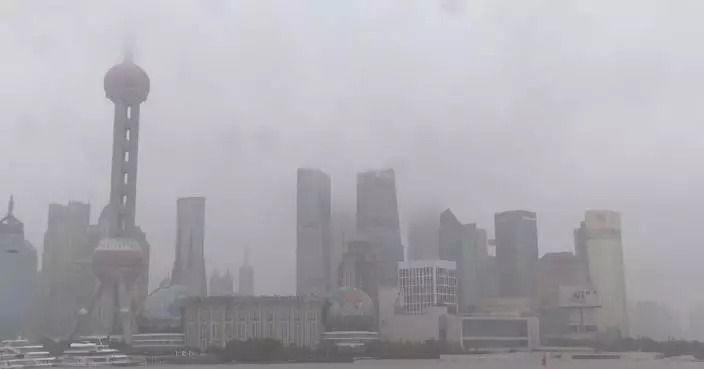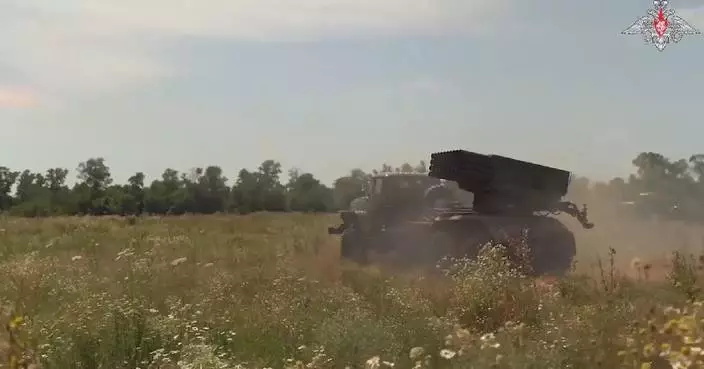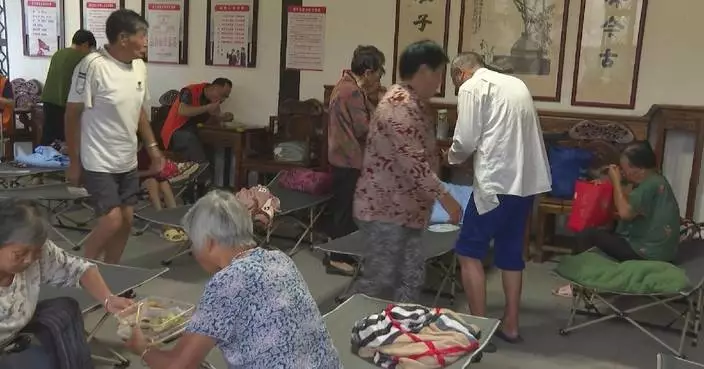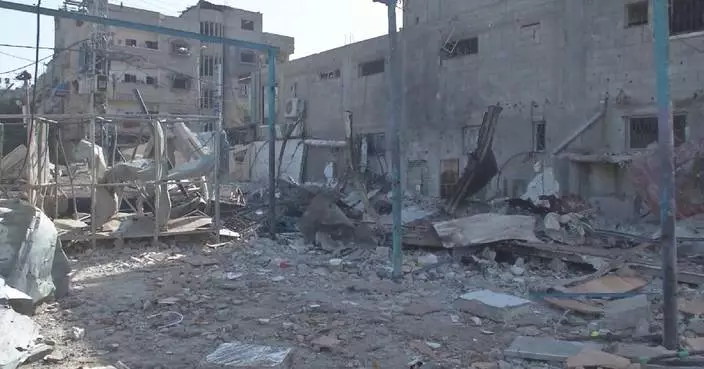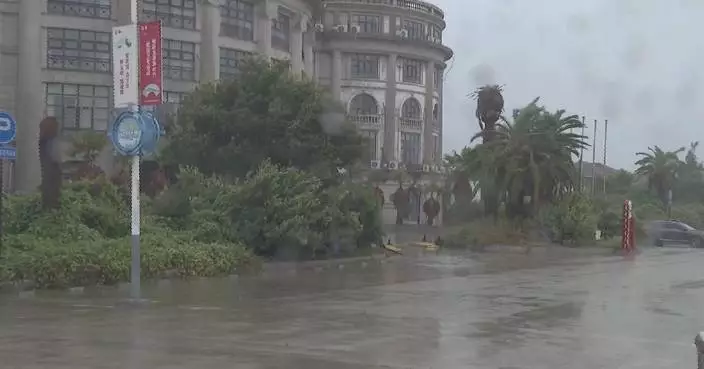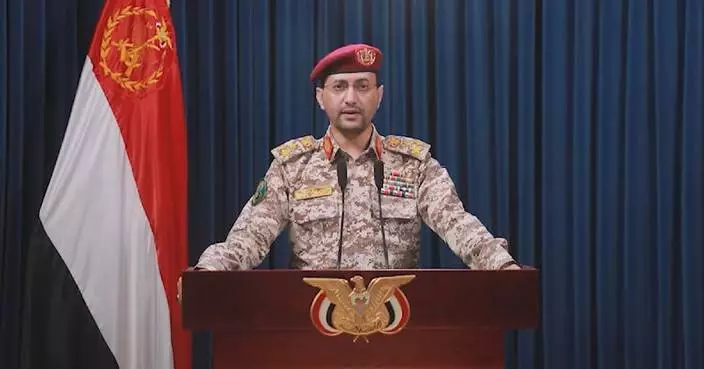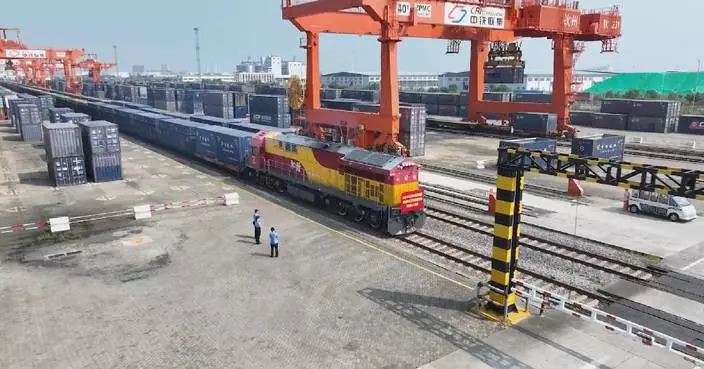The outlook of a peaceful, secure, prosper and progressing world envisioned in President Xi Jinping's speech at the opening ceremony of the 2024 Beijing summit of the Forum on China-Africa Cooperation (FOCAC) has resonated with many of the attendees of the summit.
Ahmed Mustafa Fahmy Hafez, head of the League of Arab States' China representative office, said the forum helps foster closer cooperation between China and Africa in pursuing common development.
"The levels are very high. The presidents, all of them came and cared, then gave speeches on how much China cares about Africa and African countries about taking the cooperation and development more and more strong together," he said.
Abdullah Kamara, a member of the Liberian Delegation to the conference applauded the series key initiatives proposed by Xi, saying the deepening reform and pursuit of modernization will bring about changes and offer new driving forces for both China and Africa.
"The 10 important points that he raised today, the agenda for Africa and China cooperation was very very impressive and very very clear. And I think for me, that is the most important takeaway I got from this conference today and it gives a good impression of the desire and commitment of China to the African relationship," Kamara said.
"So, we are friends, we are brothers, and Xi says, in Africa and China, we have a common destiny. So, we have to keep hand in hand and work together for the future. This is the link that will help the world to get more peaceful and to get a good development," said Assane Mbengue, head of the China-Africa Friendship Association in Senegal.
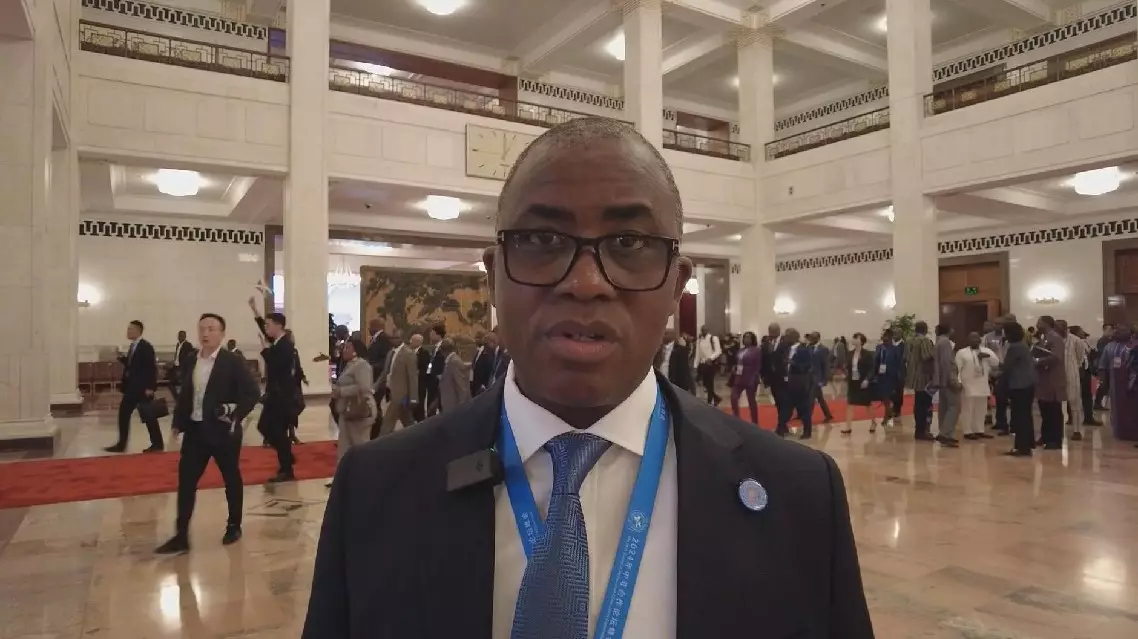
President Xi's speech at 2024 FOCAC Summit resonates with African attendees
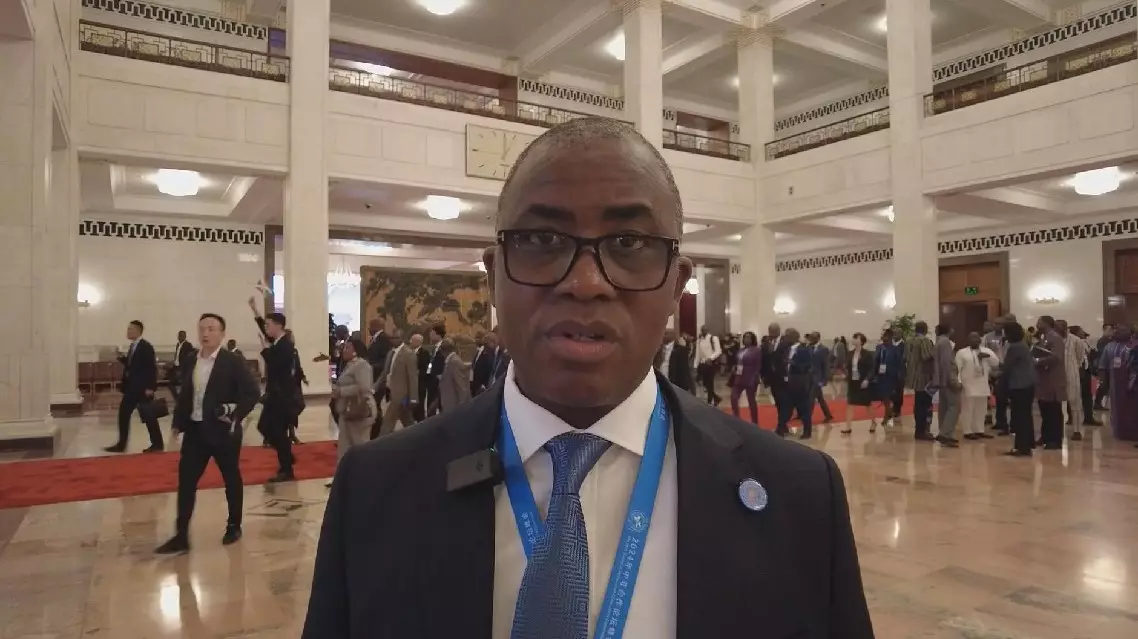
President Xi's speech at 2024 FOCAC Summit resonates with African attendees
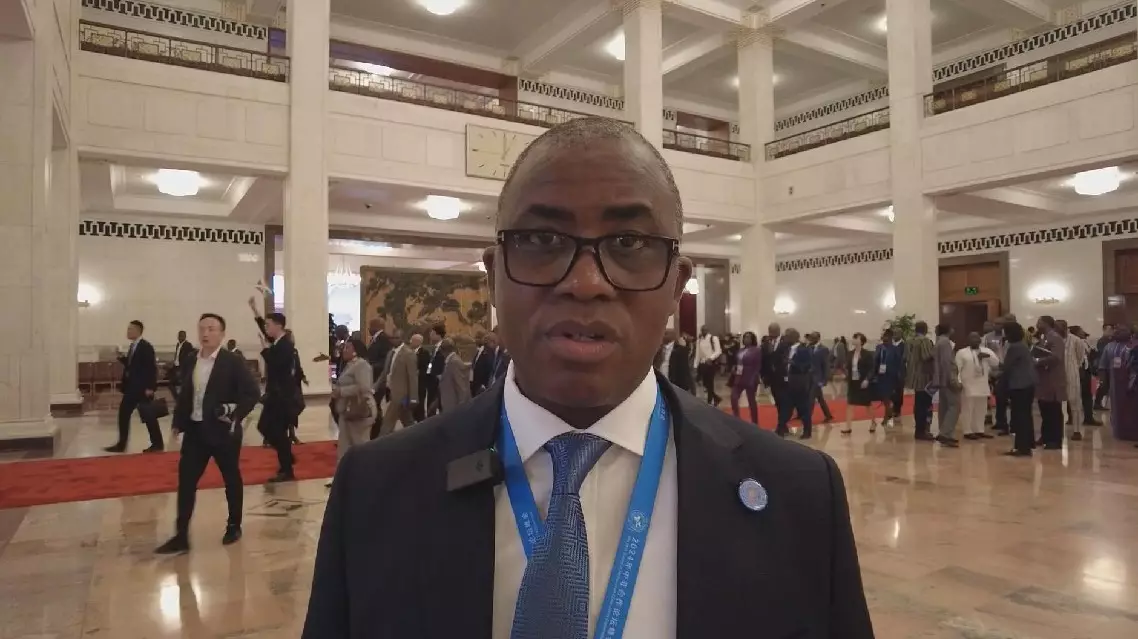
President Xi's speech at 2024 FOCAC Summit with African attendees
The Houthi missile strike on central Israeli territory resulting in injuries is quite rare, and the attack may incur massive retaliation from Israel, said a Chinese expert on Monday.
A long-range surface-to-surface missile fired from Yemen struck an unpopulated area near Israel's international airport outside Tel Aviv on Sunday. The missile triggered sirens in Tel Aviv and other cities in central Israel, sending residents running to shelters during the morning rush hour. The Israeli military said in a statement that interceptors were launched but failed to shoot down the missile, which landed in an open area.
"The missile reached inside Israeli territory, resulting in nine injuries. This is rare in the conflict between Yemen's Houthis and Israel over the past 11 months. Previously, Houthi attacks on Israel, whether through missiles or drones, had caused minimal harm to Israel," said Niu Xinchun, executive director of the China-Arab Research Institute of Ningxia University.
Yemen's Houthi group on Sunday claimed responsibility for the missile attack on central Israel, according to a statement aired by the Houthi-run al-Masirah TV.
The incident marked the second time a projectile from Yemen has reached central Israel, following a drone attack by Houthi forces in July that killed one person in Tel Aviv.
Houthi military spokesman Yahya Sarea said in a televised statement that the group would launch more such strikes on Israel, as the current Palestinian-Israeli conflict, which broke out on Oct. 7, 2023, is marking its first anniversary.
Sarea added the attacks are in retaliation for an earlier Israeli attack on the Houthi-controlled Yemeni port city of Hodeidah on July, 20, which destroyed its fuel storage tanks.
"Previously, Yemen's Houthis, Lebanon's Hezbollah and Iran have all claimed intentions to retaliate against Israel, suggesting that retaliation might be coordinated on many occasions. However, current indications suggest that these retaliatory actions are being conducted independently, without coordination. This implies that while there may be some collaboration in terms of weaponry, technology and personnel among them, the actual retaliatory actions are being carried out separately," said Niu.
Israeli Prime Minister Benjamin Netanyahu on Sunday warned Houthi forces in Yemen that Israel would retaliate after the missile attack, saying "Anyone who attacks us will not escape our wrath".
"Israeli Prime Minister Benjamin Netanyahu has now announced that there will definitely be a large-scale retaliation against the Houthis. Based on Israel's previous behavior patterns, the scale of retaliation is expected to be significantly greater than the attack launched by the Houthis on Israel this time," said Niu.
Since November last year, the Houthis have been launching missiles and drone attacks targeting what the Houthis said were "Israeli-linked" ships in the Red Sea and the Gulf of Aden, as well as targets in Israel, to show solidarity with the Palestinians in the Gaza Strip.
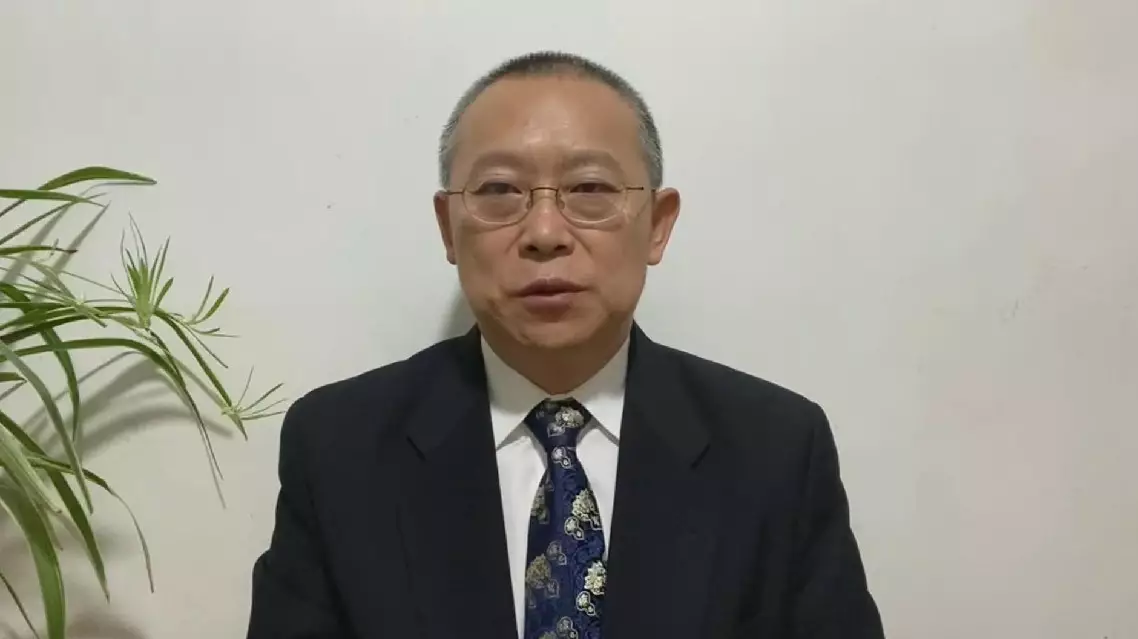
Rare Houthi missile attack on Israel could trigger massive retaliation: Chinese expert






